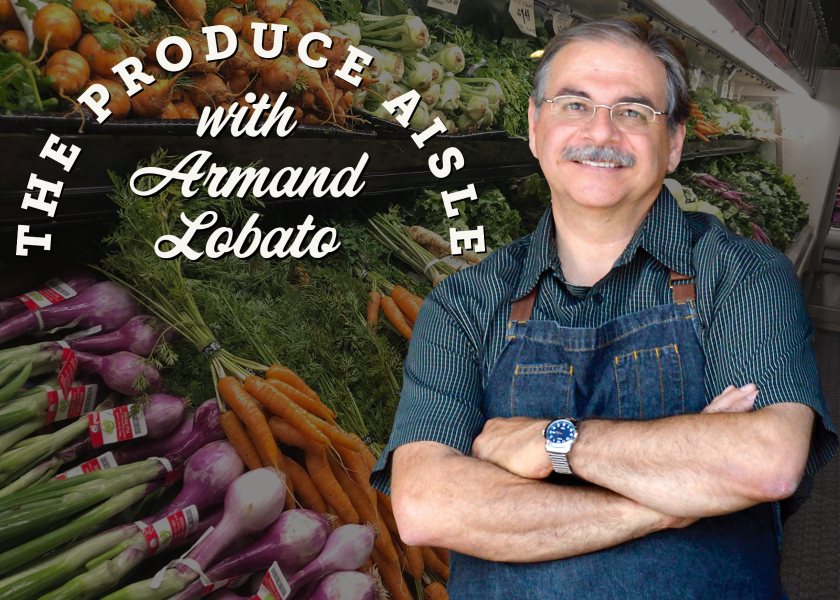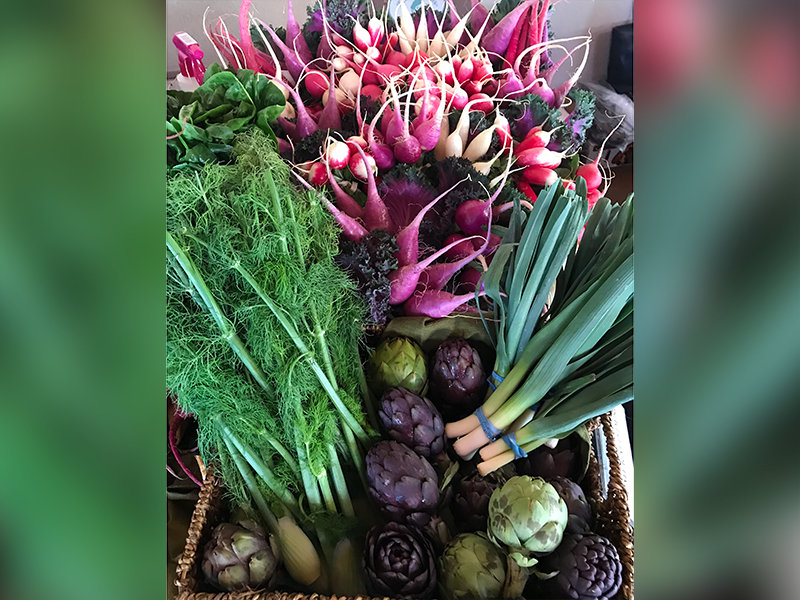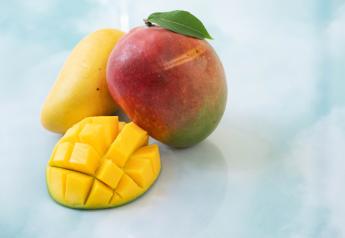Making a case for specialty produce

I once read that within this crazy planet we call home exists somewhere between 15,000 and 20,000 plants or trees that produce food — fresh produce provided via the root, the leaves, the stems or the fruit of these plants.
Of course, ask any produce manager and they will attest that 90-plus percent of their sales are generated from perhaps 25 items. This is out of a range of 250-300 fresh SKUs on display at any given time even in the busiest, most aggressively merchandised produce department out there.
Which, of course, raises the question on many occasions: Why even bother to carry even a fraction of the numerous products that aren’t in the volume-producing 25 items?
Why indeed. Well, I for one have always been a big fan of specialty produce, which I absolutely think helps drive sales.

In January every year, our chain routinely promoted Chinese New Year’s with an influx of specialty produce. Every store received a pallet or two of items to merchandise; everything from anise to tamarillos to lily root and more. Our director worked closely with people, such as Frieda Caplan, founder of the Los Alamitos, Calif.-based Frieda’s specialty produce company.
Many produce managers grumbled about the week-long ad specialty produce promotion. “Nobody knows what lychee nuts or fava beans are — customers just stare at this stuff and walk on. All I do with specialty is toss it out when it goes bad. It just kills my gross profit.”
Oh, ye of little faith.
In every store I’ve opened, had a hand in remodeling or just did an overnight reset, I’ve taken steps to include a healthy dose of a dozen to a full line of specialty produce. And in every case those specialty items certainly have not been an appreciable percent of our volume. But overall? Sales soared.
I believe this is because when customers see a wide variety of specialty produce on display, a certain buying psychology is triggered. I heard many shoppers say out loud to one another, “I just love shopping here. This place has everything.”
Exactly. Even if customers don’t buy everything, they buy more produce collectively, and word gets out. Customers prefer to shop at the store that has everything.
I also think that customers are a curious lot. They like to try new things. They will accept a sample of a mango if they don’t usually buy one — or a gold kiwi or a sliver of daikon root or even a little snippet of fresh ginger.
Related: Read more insight from Armand Lobato
“Try adding some napa cabbage and shred a little ginger into your stir fry,” I remember suggesting. “The texture and flavor is ‘wow!’ You’ll love it!” In fact, you just never know when people will suddenly (or over time) come to embrace a “new” produce item. Whenever something shows promise you can bet that someone is going to say, “This is the new kiwi fruit!”
As Frieda Caplan single-handedly introduced America to New Zealand kiwifruit in the 1960s, the “fuzzy lime” — as some customers called it — soared from obscurity to commonplace seemingly overnight. Caplan’s daughters and others have carried on this legacy nicely into this millennium with so much more specialty selection.
As for the produce managers who think that maintaining well-stocked specialty sections will have an adverse effect on their gross profit, two things: First, order closely and replenish items as needed, with little or no backstock. Keep the sections neat, clean and well signed. And second, keep in mind that at least in one study I learned about years ago, a produce director of a large chain (carrying a full specialty line) carefully tracked shrink per category at the end of a year and found that less than 1% of their overall shrink was directly attributed to the specialty produce category. I’ve seen this myself.
Besides helping drive overall sales, specialty produce adds interest and excitement to any produce department. It helps to learn about everything available. If something isn’t common now — who knows? Tomorrow it may be the new normal we keep hearing so much about.
Armand Lobato works for the Idaho Potato Commission. His 40 years of experience in the produce business span a range of foodservice and retail positions.







